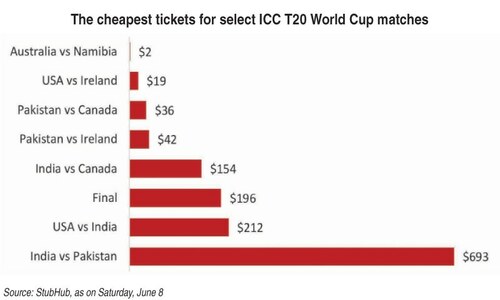KARACHI, March 8: Chief Justice Iftikhar Mohammad Chaudhry observed on Friday that the prevailing law and order situation in Karachi was the result of a turf war between different vested groups, but it was being wrongly ascribed to sectarianism.
He made the observation while heading a five-judge bench seized with the proceedings of Karachi killing implementation and Abbas Town bomb blast suo motu cases at the Karachi registry of the Supreme Court. Other members of the bench are Justices Jawwad S. Khawaja, Khilji Arif Hussain, Ijaz Afzal Khan and Amir Hani Muslim.
The court observed that the Sindh government would not be in a position to protect life and property of people unless important changes were made in the police department and “honest, competent and dedicated” officers were posted to control the law and order situation.
The judges were visibly irked while going through a report regarding the induction of retired officers into the police department on contract basis. They directed the chief secretary to ensure that appointments contrary to Section 14 of the Civil Servant Act and the Police Act were cancelled before the next hearing on March 21.
The bench observed that no dedicated efforts had been made to depoliticise the police despite directives and observations made in the Karachi suo motu case judgment.
Referring to the appointment of Waseem Ahmed, additional chief secretary (home), it said such appointments on contract were not only made in police, but also in other departments. “Had they been so efficient officers, there would have been no violence in the city”.
Referring to a report submitted by the Intelligence Bureau, the court said it showed that information about the threat of the blast had been shared with the IG and the director general of Rangers.
It meant that both the officers were responsible, the chief justice said.
The court directed the Karachi commissioner to compensate all victims by Friday evening and place details before it.
It referred to the recent kidnapping and killing of two Rangers personnel in Lyari and observed that the law and order situation had not improved despite court’s directives.
Ghulam Shabbir Shaikh, the acting chief of Sindh police, said the security situation in the city would improve if strength of the police was increased.
But the court rejected his rhetoric, questioning the justification of deputing 8,000 policemen for VVIPs’ security.
The bench directed the authorities to recover payment for security when a civil right campaigner drew its attention to a heavy contingent of police reportedly deployed for the security of “Owais Muzaffar Tappi, the foster brother of President Asif Zardari”.
The bench was dismayed to learn that no one appeared on behalf of the interior secretary, the Inter-Services Intelligence and the Military Intelligence and no reports were submitted on their behalf despite the court’s earlier directives.
The court directed its office to repeat the process to the interior and defence secretaries.
Rangers, Intelligence Bureau and Special Branch police submitted their reports on intelligence sharing about the Abbas Town incident.
The court later perused the reports in the chamber on grounds of confidentiality and observed that law-enforcement authorities had failed to gather information about acts of terror because of non-cooperation between different agencies.
The court directed the provincial authorities to increase the number of anti-terrorism courts in Karachi. In the meantime, it said, sessions judges might be conferred upon power of presiding officers of ATCs.
The court asked the provincial police chief to set up a new team of efficient officers not below the rank of DIG to complete investigation into the Abbas Town bombing as early as possible. It warned that the DIG and SSP concerned would be held responsible for crimes in their areas.












































Dear visitor, the comments section is undergoing an overhaul and will return soon.